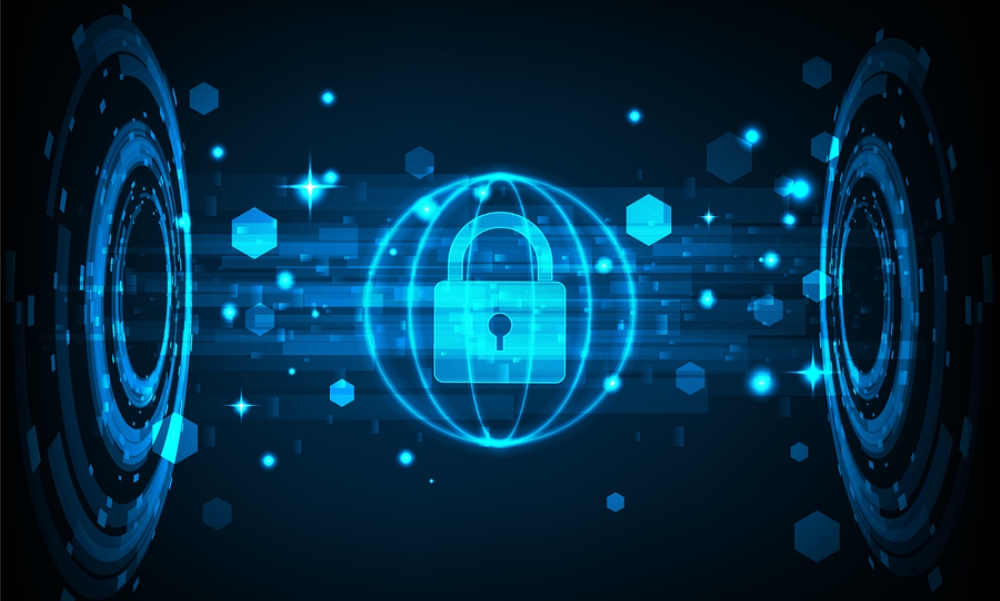
No matter if you’re at school, work, or home, it is imperative you take internet security seriously in order to stay safe. Although most people picture hackers as people who penetrate into government websites and steal classified information, most of them actually target normal people. Hackers prefer easy targets and constantly look for people who don’t pay attention to their internet security. With that being said, here are some of the best ways to ensure you stay safe online.
Use Antivirus Software
The reason antivirus software exists is to protect your electronic devices. Despite knowing this, many people don’t use these programs because they think it will significantly slow down their computer. Even though it’s true your computer will run a bit slower, you won’t notice a big change in performance. On top of that, this is a small price to pay for improved security. Make sure you download software from a trusted company.
Aside from installing it on your computer, you should use antivirus software on your smartphones and tablets as well. Since these devices are frequently being used to access the internet, hackers have started targeting them more often. It’s worth noting that you should be careful when downloading antivirus apps. Note that a lot of free apps aren’t efficient and won’t help keep your devices safe.
Use Strong Passwords
When you have a lot of different online accounts, it can be hard to remember the passwords for them. This is one of the main reasons why some people either use the same password for every account or create weak passwords hackers would have no problem figuring out. If you want to keep your online accounts safe, you’ll need to start coming up with strong passwords. This means using a mix of numbers, symbols, as well as lowercase and uppercase letters.
Since remembering passwords can be difficult, it’s recommended that you start using a password management tool. These programs do an excellent job of storing and managing your passwords, and can even generate new ones for you as well.
Secure Connection
Connecting to an unsecure network is always risky, which is why you should avoid doing this. Make sure you only connect to secure and encrypted Wi-Fi networks. However, sometimes you’ll be in a situation when you’ll have to use a public network. In this case, the only way to protect your data is to use a virtual private network (VPN).
A VPN works by routing your connection through a server and hiding your internet activity, so you can surf the web safely. Keep in mind that there are countless different VPN providers. The quality of a virtual private network depends on the provider. Of course, you’ll have to do a bit of research to determine which product best serves your needs at an affordable price. Make sure you read up on and compare the benefits of Cheap VPNs before making a decision.
Be Wary of Suspicious Emails
Everyone gets suspicious emails from time to time. Although you won’t be able to stop them from appearing in your inbox, you can learn how to recognize them. You should never respond to an email asking you to disclose personal information of any kind. Know that hackers sometimes send messages that look like they’re from an online store or bank and ask you to confirm your account details for the purpose of an update. However, as soon as you type in your account info, they immediately gain access to it.
